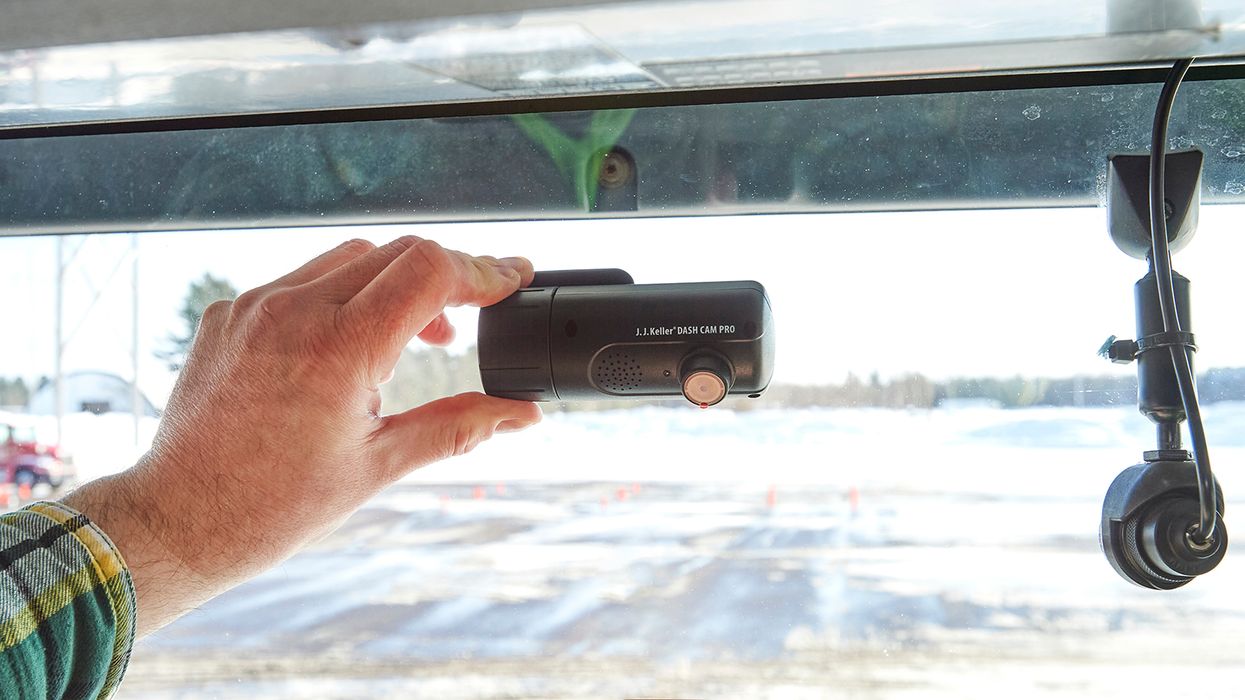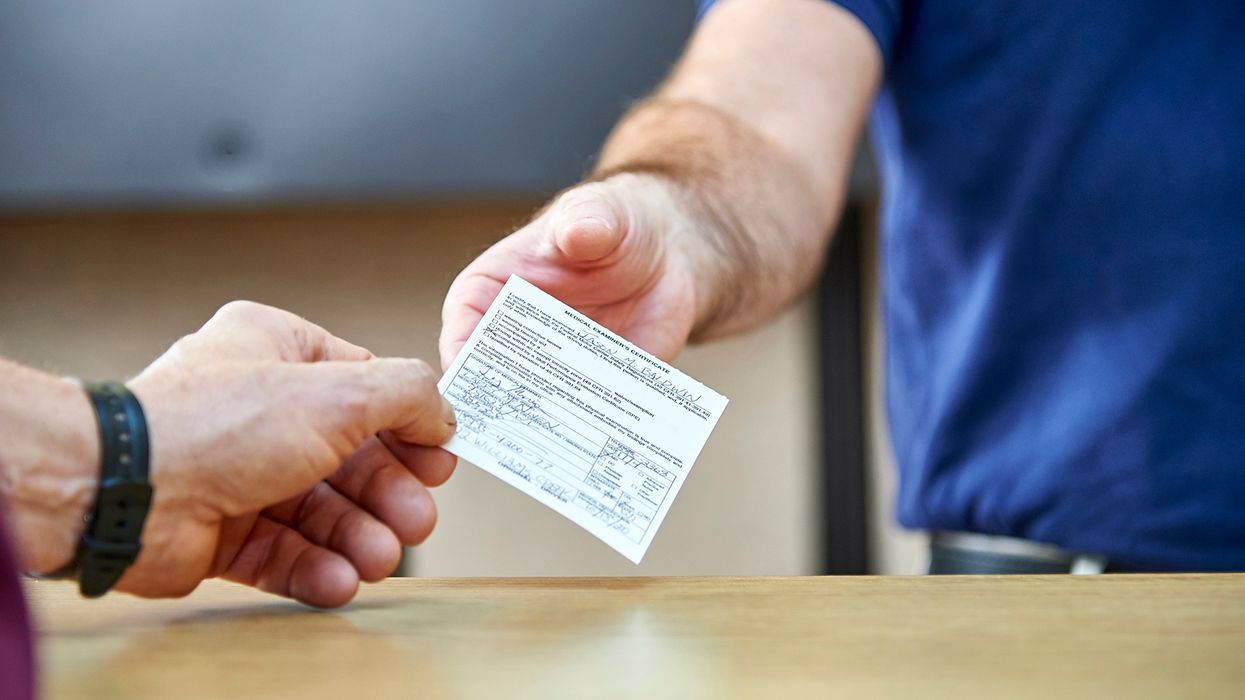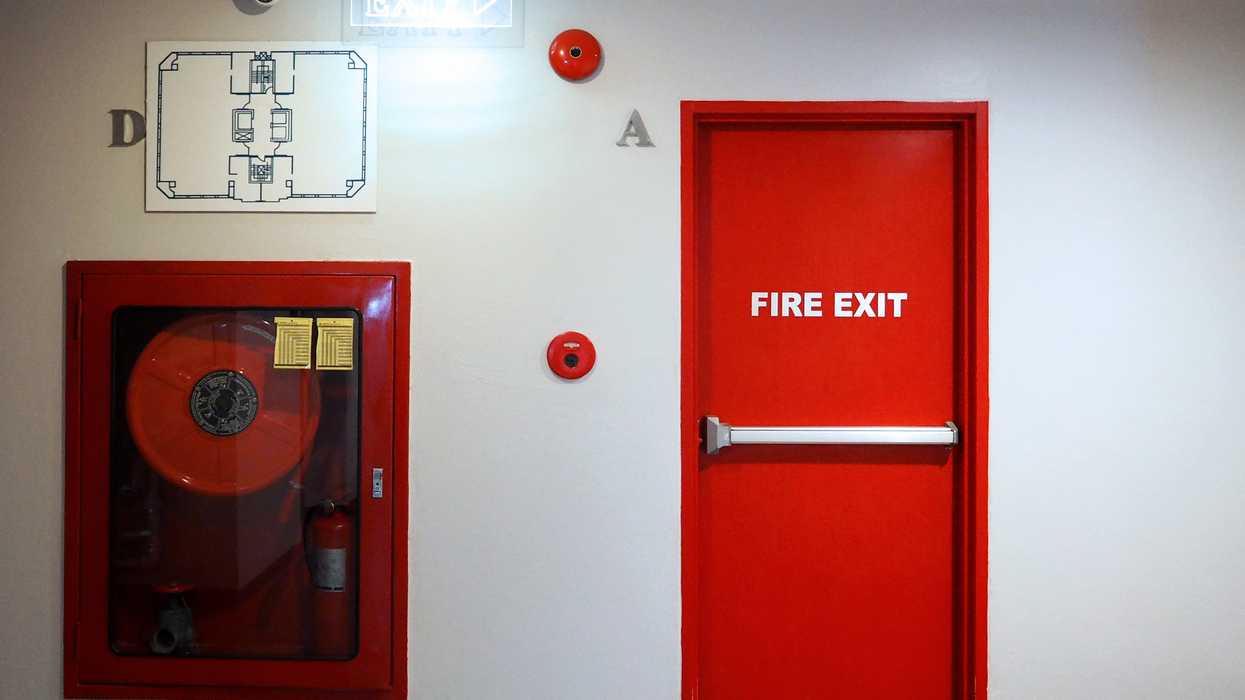Does ‘Don’t cover your dash cam’ violate employee rights?
The U.S. Court of Appeals for the D.C. Circuit ruled in late March that a produce company did not violate federal labor law by telling a pro-union truck driver not to cover up a surveillance camera in the cab of his truck.
The unanimous three-judge panel said that because the company had a policy requiring drivers to keep the cameras on "at all times," it did not infringe on the driver's rights when the driver, who parked for a lunch break and covered the truck’s inward facing camera, received a text from a supervisor saying, “you can’t cover the camera it’s against company rules.”
The National Labor Relations Board (NLRB) had claimed that the employer violated the National Labor Relations Act (NLRA) with that text.
"The Board’s explanation is nonsense," Circuit Judge A. Raymond Randolph wrote. "There is nothing ambiguous about 'at all times.'"
The NLRB had said that the supervisor’s text illegally created the impression that the driver was being watched because of the driver’s support for a union organizing campaign and involvement in another NLRB case against the company.
An NLRB law makes it illegal for an employer to create an “impression of surveillance” that discourages employees from discussing or engaging in union activities.
But the D.C. Circuit said the driver was aware of the company's constant surveillance of truck cabs for safety reasons and that it was unlikely he would engage in organizing while on the job.
Strong policies are a best practice
The judges in this case used the employer’s policies to determine that it had not violated the NLRA. What employers should take away from this case, therefore, is that if they use video cameras to observe employees — whether employees are working in the office, remotely from home, or in a vehicle — they should develop and communicate clear polices regarding the expectation of privacy on the job.
In addition, employers should train supervisors on the enforcement of such policies. This is especially important when it comes to employee rights to organize.
In this case, for example, stronger actions by the supervisor directed at a driver who was involved in organizing efforts, could have created an impression of surveillance coercing the employee in the exercise of his rights. Manager training may be useful in avoiding and/or defending against such claims, as well as other claims relating to discrimination, invasion of privacy, harassment, etc.
Similar cases on the horizon?
Other cases like this might be forthcoming, since in October 2022, the NLRB's general counsel issued a memo stating concern about employers increasingly using monitoring systems like cameras. The memo noted plans to “urge the Board, to the greatest extent possible, to apply the Act to protect employees from intrusive or abusive electronic monitoring and automated management practices that would have a tendency to interfere with Section 7 rights.” In response to the memo, the NLRB adopted the position that an employer's use of technology to monitor productivity can violate the National Labor Relations Act (NLRA), whether or not the technology was being used specifically to monitor union activity.
Key to remember: A federal appeals court ruled that a supervisor’s reminder to an employee that covering a driver-facing dash cam was against company policy was not a violation of the NLRA. This case should serve as a reminder to employers that clear communication, strong policies, and supervisor training must accompany any employee surveillance.
Stern Produce Company, Inc. v. NLRB, No. 23-1100 (D.C. Cir. 2024)
























































